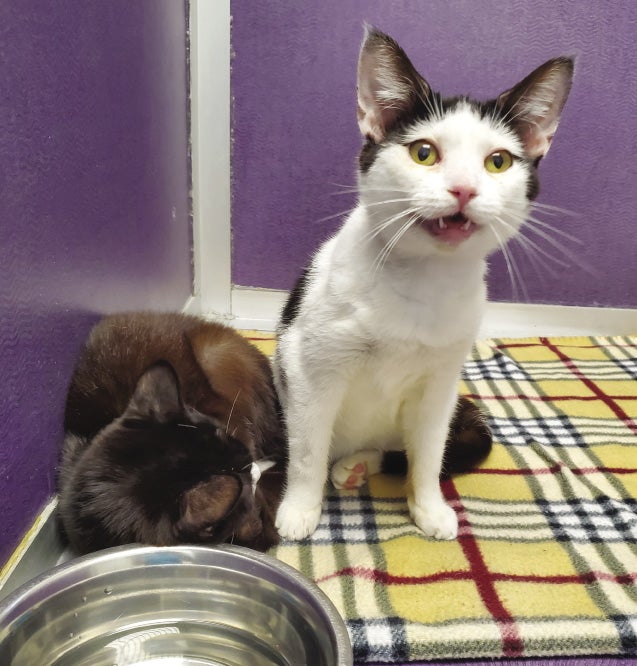In a post-COVID world, the demand for these services is higher than ever, yet animal nonprofits are reporting financial crises as flattening donations are failing to cover expenses.
Get Instant Access to This Article
Subscribe to Worcester Business Journal and get immediate access to all of our subscriber-only content and much more.
- Critical Central Massachusetts business news updated daily.
- Immediate access to all subscriber-only content on our website.
- Bi-weekly print or digital editions of our award-winning publication.
- Special bonus issues like the WBJ Book of Lists.
- Exclusive ticket prize draws for our in-person events.
Click here to purchase a paywall bypass link for this article.
Animal shelters conjure up pictures of sad puppies in pounds. While these shelters save numerous dogs through adoption, they offer a plethora of other animal welfare and public health programs such as spay/neuter services, veterinary aid, dog food pantries, and vaccine clinics. In a post-COVID world, the demand for these services is higher than ever, yet animal nonprofits are reporting financial crises as flattening donations are failing to cover expenses.
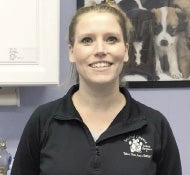
At the end of last year 49% of people surveyed planned on giving the same as last year with an additional 8% planning to give less to nonprofits, according to a survey by the nonprofit organization Charity Navigator, a database following nonprofit trends. As inflation boosts prices, the inert donation numbers are presenting problems for animal shelters.
“Donations are less, which for nonprofits is really difficult because we are funded by the generosity of businesses and the community. Our donors, just like the rest of us, are facing increased costs,” said Lindsay Doray, chief development officer for the East Brookfield pet nonprofit Second Chance Animal Services. “Sometimes you’re seeing a donor who used to be able to donate at a certain capacity and now that capacity might be less because they don't have as much left at the end of the month. It's making things very difficult across the board.”
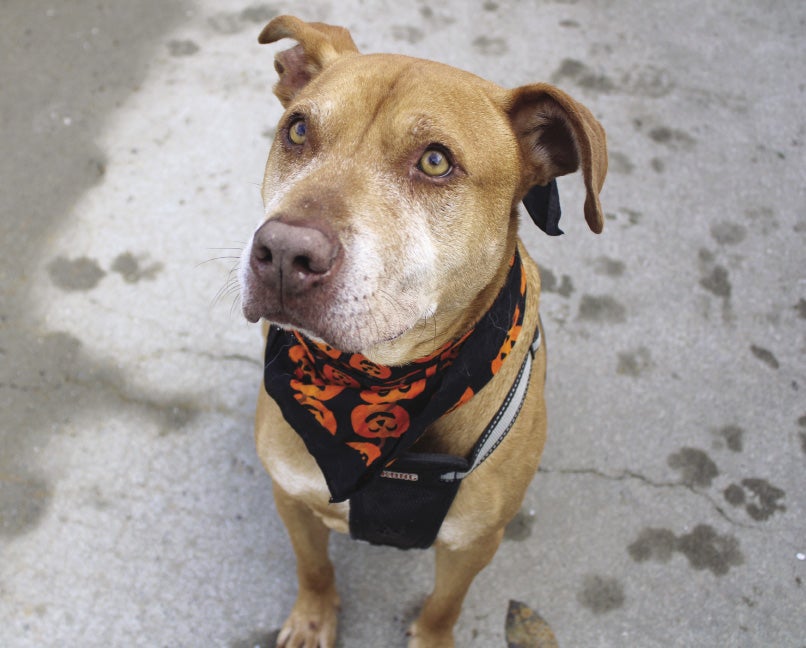
Keeping pets and families together
Second Chance Animal Services is comprised of four full-service community vet hospitals in North Brookfield, Springfield, Worcester, and Southbridge along with an adoption center in East Brookfield.
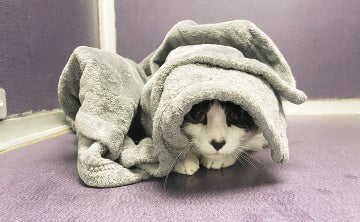
The nonprofit broke its own record having helped more than 49,000 animals in 2023, compared to 44,000 in 2022. While Second Chance is proud to have helped so many animals, the data denotes just how serious the need for animal welfare services is.
“There are a couple of different reasons why we are seeing an increase in demand for services. Firstly, there is a national veterinarian shortage across the country. So, it's harder to get appointments because there's just not enough vets to cover the needs of the pet community nationwide. At Second Chance, we offer subsidized veterinary pricing to low-income families, and there's a huge need for that,” Doray said. “Now, when you're looking at rising costs, the inflation in the housing, everything going up, the money is not going as far for people, especially those on fixed incomes like Social Security or disability.
“It's becoming increasingly more difficult for people to be able to afford to meet the needs of their pets.”
While adoption is an important part of animal nonprofits, Second Chance sees the cost of pet medical bills as the biggest obstacle pet owners face and one of the main reasons owners opt to surrender their pets. As a result, Second Chance’s services include vaccine clinics, low-income senior housing veterinary exams, and grants to defray medical costs.
Tragedies, sudden loss of a job, and other unexpected events can change the circumstances for a pet and their families in an instant. Even with the pressure to supply more services on a tighter budget, Second Chance’s goal is to provide resources to make animal ownership and care more affordable.
“It's not about adopting out more and more animals. We always try and help as many animals as we can. But our goal is making sure that the pets that are in loving homes can stay there,” Doray said, “It's retention. It's keeping pets with the people that love them. That's the premise of what we do: keeping the pets and people together.”
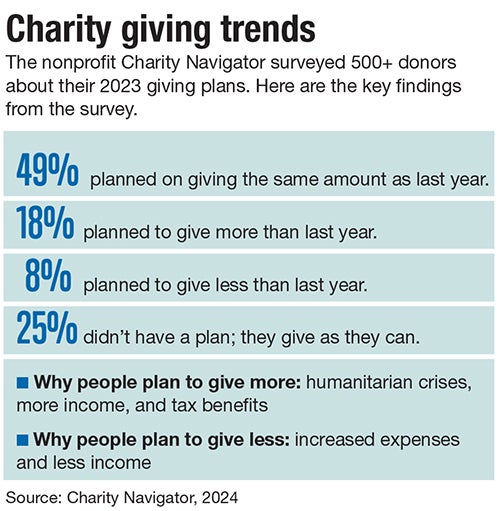
Second Chance generates about $6.5 million in revenue annually, with about $1.6 million coming from donations and grants, according to its 2022 tax filing with the U.S. Internal Revenue Service.
In January, the nonprofit received a three-year $1.1-million donation from the giving arm of national retailer PetSmart to expand its surgical center.
Nonprofits overwhelmed by demand
In 2023, the United Way of Central Massachusetts had 7,000 individual donors make contributions, which is a credit to the generosity of local community members and businesses even in challenging times, said President & CEO Tim Garvin.
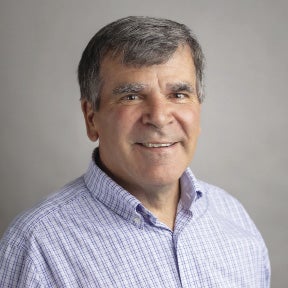
Garvin calls Central Massachusetts residents and fellow nonprofits the most generous and collaborative group he’s ever worked with. However, nonprofits are seeing a huge wave in the need for their services across the board and an urgent need for action in all sectors of human welfare, let alone animal welfare.
“The generosity of people in our community is stable, but the need has increased beyond that stability,” Garvin said. “When you look at the crisis of the system that takes care of those who are the most vulnerable, whether they be new Americans, or refugees, or our homeless population, or our veterans, or our seniors struggling to make ends meet, or our neighbors struggling with substance abuse disorder, we know that the system that takes care of them is overwhelmed right now. And to use a Biblical term, ‘There is not enough room in the inn.’ So be it food or utilities or kids’ academics or the struggles of housing, we can find the data, the statistics, and the anecdotes to show that there are big issues.”
Central Mass. nonprofits are finding creative solutions by sharing resources and talent, Garvin said. From trading goods such as one agency giving diapers and formula to another nonprofit or combining teams, the regional nonprofits are working together to solve the multi-faceted issues facing the community.
“How do we balance the generosity of all of our neighbors with the needs of our other neighbors and make it work?” Garvin said, “I do worry about arts and culture. I worry about what some people might say it is superfluous, the idea of ethical childcare, or the aforementioned animal welfare; and in a triage situation, would we rather make sure that every one of our neighbors is eating? Or would we rather make sure that our museums or libraries are free? And the reality is we need both. We need it all.”
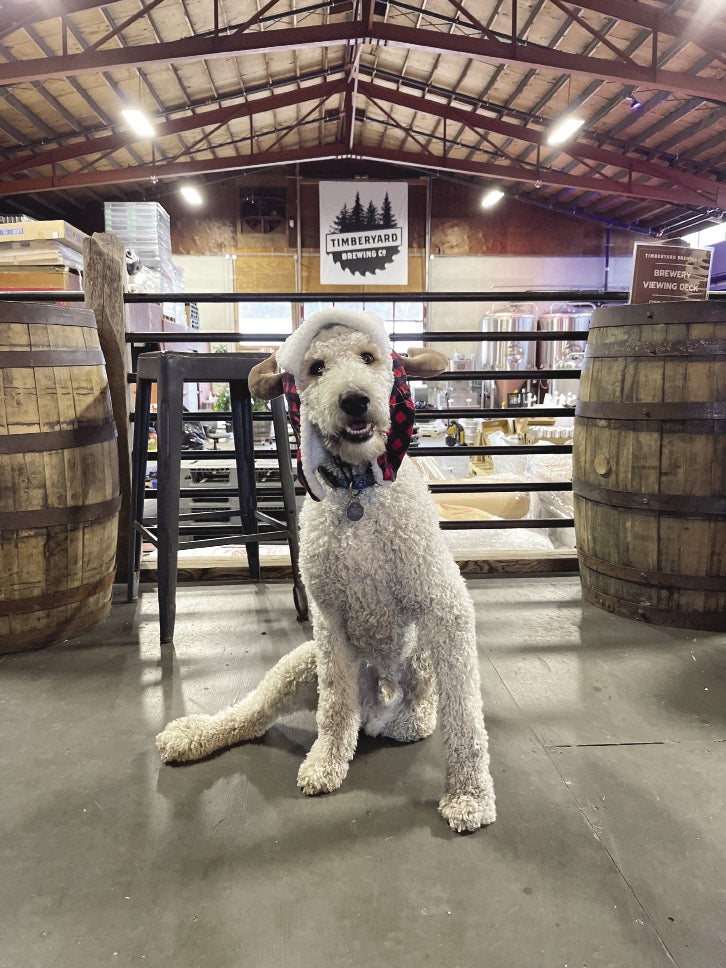
Donating talent and time
Established in 1971, Dog Orphans in Douglas has saved stray and unwanted dogs for more than 50 years. In addition to serving the local community, Dog Orphans takes in dogs from Georgia and Florida, resulting in the animal nonprofit servicing around 450 dogs every year, said Dog Orphans Director Ron Morse.
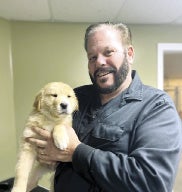
During the holidays, Dog Orphans typically receives enough financial contributions to last a year. However, it is only January of the new year, and the shelter is running out of its main supplies of paper towels, bleach, trash bags, and laundry detergent.
The donation dilemma is further compounded by expensive pet medical costs. Local no-kill shelters such as Dog Orphans take in all dogs, even those with severe, pre-existing medical issues. This puts the shelters in a weird limbo where they want to help the dog but need to raise funds for medical care in a donation-stagnant economy. Oftentimes potential owners will not adopt a dog with pre-existing medical issues due to the cost. This particularly impacts senior dogs whose elderly owners suddenly pass away, leaving the pet in an unfortunate situation and usually with medical issues.
“That's where my heart goes to. These senior dogs have been in an excellent home for 10 years, and the dog still has some quality time left; and it ends up in a pound due to no one’s fault,” Morse said, “We try to help those dogs, but sometimes that can be tough, because they're often smaller breed dogs with a lot of expensive dental issues.”
Morse tried to partner with veterinarians to create dental clinics or other avenues for pet owners.
Volunteerism is a big part of Dog Orphans’ operations as it relies on those willing to donate their talent and time. Even if individuals cannot contribute financially, Morse is always happy to accept help.
Landscaping, handy work on the building, electrical work, plumbing, and even the nonprofit’s web design are all the result of locals helping in creative ways.
“Sometimes people don't have money, so they use their talents. We promote that all the time. People don’t realize the talent that they have and that they can give back by helping in that way,” Morse said. “You may not be able to contribute financially, but an hour of your time makes all the difference.”
